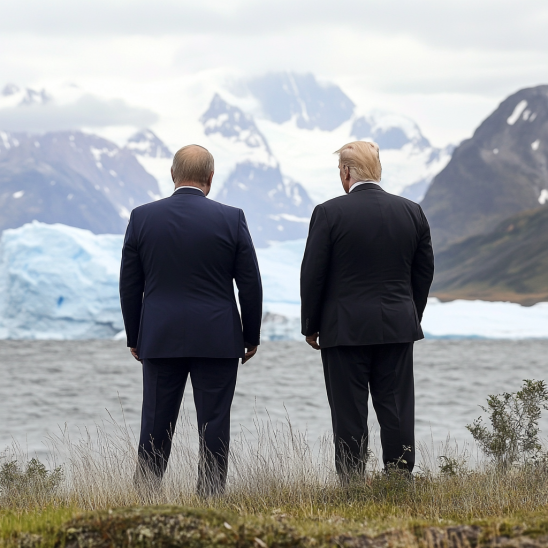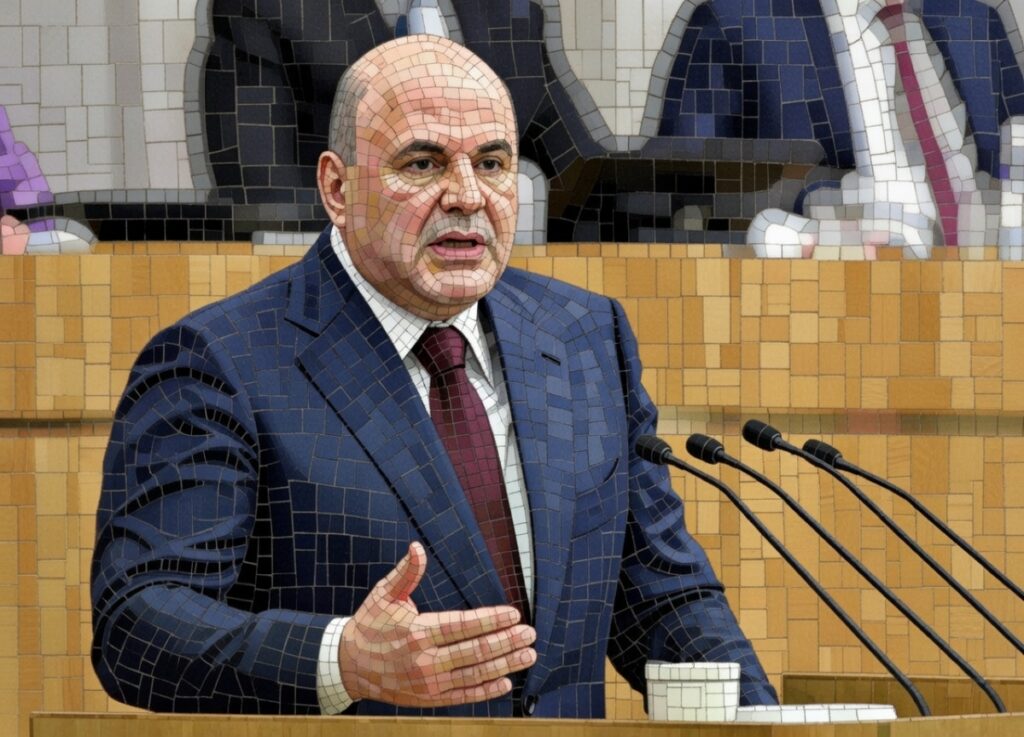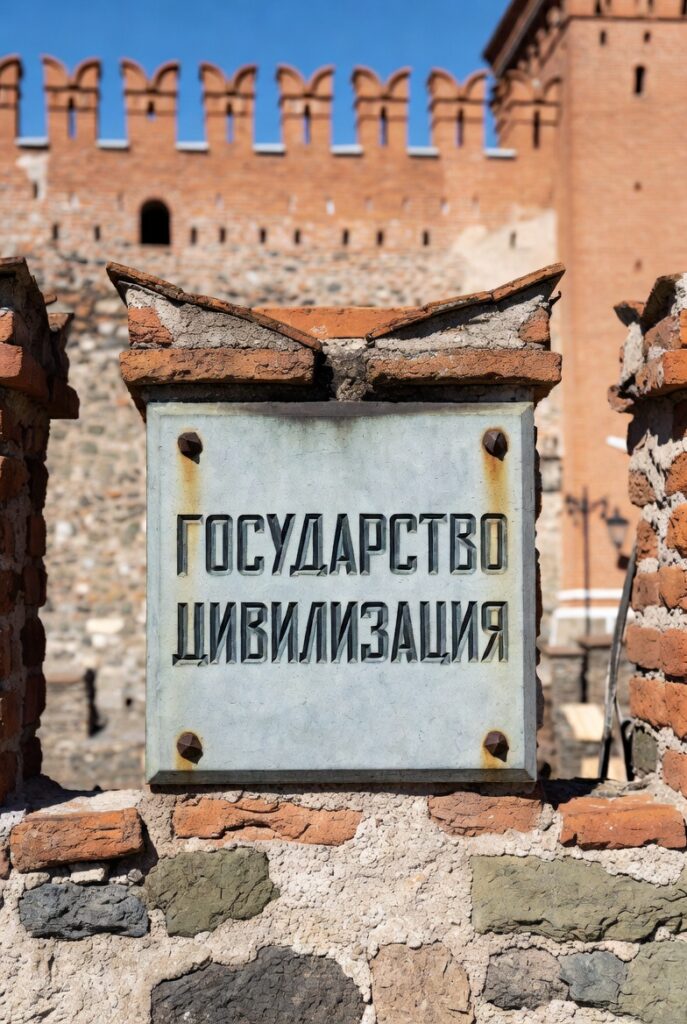The Kremlin is trying to use the rhetoric of US President-elect Donald Trump, who has outlined territorial claims to Greenland (part of Denmark), Canada and Panama, to its advantage. Putin’s spokesman, Dmitry Peskov, attempted to draw parallels between Trump’s plans to annex Greenland (so far Trump talks of a hypothetical purchase of the island from Denmark, referring to the alleged wishes of the territory’s inhabitants) and Russia’s annexation of several regions of Ukraine. «If they say that it is important to take into account the opinion of the people, then we should think about the opinion of the people of the four new regions of the Russian Federation and show the same respect for the opinion of these people,» Peskov said. Popular and pro-government Telegram channels argue that Russia stands to win from Trump’s statements: allegedly, his territorial claims will help recognize the referendum in Crimea and create a rift between Europe and the US that the Kremlin can use to its advantage. Articles suggesting that Trump may crack down on current US allies (and that these actions will benefit Russia) are also featured on the website of the state-run RIA Novosti news agency. This optimistic rhetoric will be easy to sell to Vladimir Putin himself. The Russian president has long espoused an ultra-optimistic view of the world: he does not notice the difficulties of the Russian economy, but only sees its (largely imaginary) successes. The same goes for the Russian army’ progress at the front: Putin hands out medals to the military, distributes Orthodox crosses with his own initials engraved on the chain links to commanders of military units, but fails to notice the military losses and expresses no public regret for the many lives lost. That is why the head of state himself can talk about the «advantages» that Trump’s expansion plans will supposedly bring.
At the same time, the Kremlin omits the parts of Trump’s statements in which he argues that he would like to control Greenland because Russian and Chinese ships are «everywhere» in the Arctic and that American control of the Panama Canal is needed to counterbalance China. Even if we assume that Trump will go all the way (which is not very likely), his actions will not bring about any «benefits» for Russia, but new problems and losses. The Russian leadership has serious hopes for the Arctic, is investing in the Northern Sea Route and is jealous of other states’ attempts to gain a foothold in the region. The hypothetical emergence of new Arctic territories controlled by the United States, even with the aim of curbing Russian northern expansion, would clearly not help the Kremlin and would create new problems. The same can be said of Trump’s attempts to limit the influence of China, Russia’s main ally (or at least, that’s how Putin sees this relationship). Support for Trump’s anti-Chinese rhetoric is likely to cause at least confusion and at most resentment among the Chinese leadership.
Alarming freezes
The Russian section of Telegram, which has become one of the most important alternative channels of information dissemination in the country, has been discussing rumors of a possible deposit freeze. According to Faridaily Telegram channel, the volume of deposits held by Russians increased by 17.6% last year to 53.9 trillion rubles. This amount is comparable to the budget revenues. Against the backdrop of inflation, people are trying to save money by putting it in banks at high deposit rates. These rates, in turn, are geared to the Central Bank’s high key interest rate (which is currently held at 21%). Faridaily’s sources deny that the Russian authorities plan to freeze deposits, which would seriously affect the country’s leadership popularity. Rumors about the freeze could be part of an information campaign against the head of the Central Bank, Elvira Nabiullina. Representatives of big business are not happy with her decisions — loans have become unaffordable due to the high interest rate, and even industries tied to budget contracts are operating on the edge of profitability. But despite the low (though not non-existent) probability of a hypothetical freeze, it is still actively discussed, and posts about it get a lot of reads and shares.
This indicates that citizens in general do not trust the authorities and do not expect anything good from them. The audience of sociological services can talk all they want about «trust» in Vladimir Putin (according to FOM, 78% of Russians «trust Putin»), but Russians most often and most eagerly discuss the authorities’ plans to ban something or take away something. Even the most unlikely scenarios are considered quite real. During his political career, Putin has often said that the retirement age in Russia will not be raised while he is in power. However, the Kremlin took this step almost immediately after the 2018 presidential election (unsurprisingly, there was no such clause in Putin’s program). Raising the retirement age caused the government’s ratings to plummet, and in four regions of the country the Kremlin’s candidates lost gubernatorial elections following this decision. The country’s leaders used much the same scenario to raise taxes and block YouTube (Russians watch a lot of content online and their children watch cartoons on that platform). Now the speaker of the State Duma, Vyacheslav Volodin, is threatening to ban «destructive video games» (most videogames will probably fall under this definition), and in the comments section of his Telegram channel he is receiving well-deserved doses of public ire. According to FOM, even at the onset of rumors of a deposit freeze in November-early December last year, they reached 19% of respondents: 11% of respondents thought that the Russian authorities really entertained such plans, 40% doubted their existence, and 49% found it difficult to answer the question about the seriousness of the government’s intentions, which means that these people are most likely to suspect that the Kremlin might have such plans. Suspicion of the authorities and uncertainty about the future are leading to growing anxiety in Russian society. Rumors about the freezing of deposits are part of this new fear. The Kremlin has no way of dealing with this: any denials merely trigger a new wave of rumors and fears. It is in this atmosphere of mistrust that the Russian authorities are entering 2025. If the deposits are not frozen, the fears of the population will find a new outlet: people will fear a new wave of mobilization, a new increase in taxes or new prohibitive measures.










